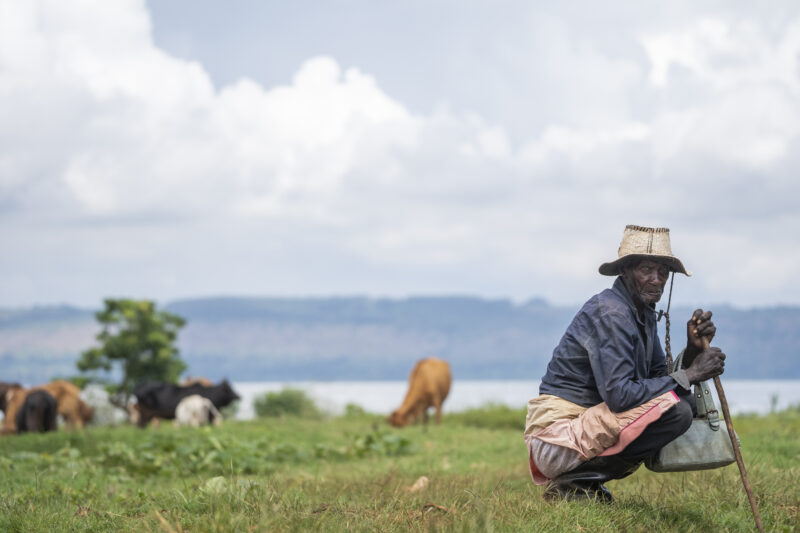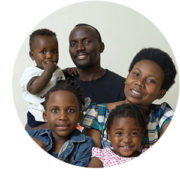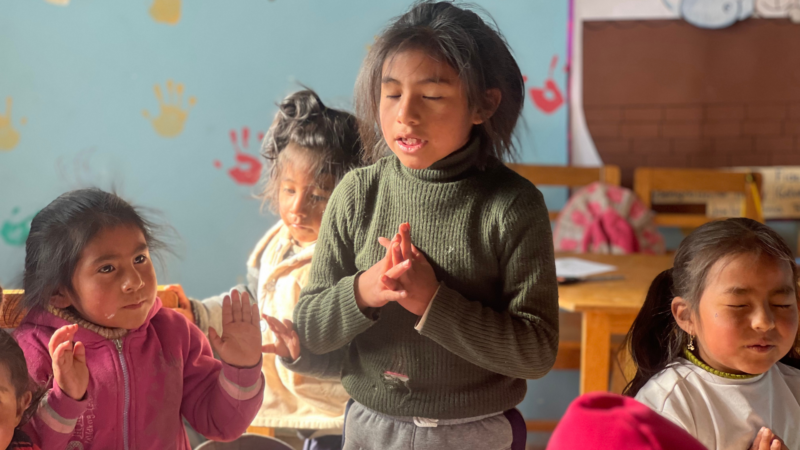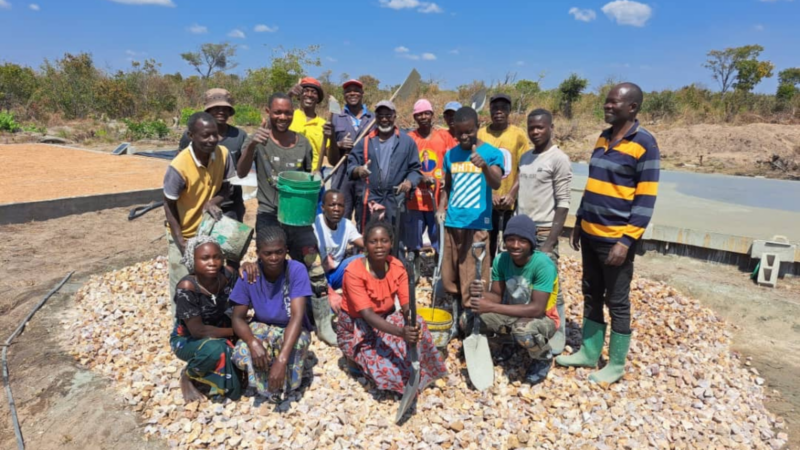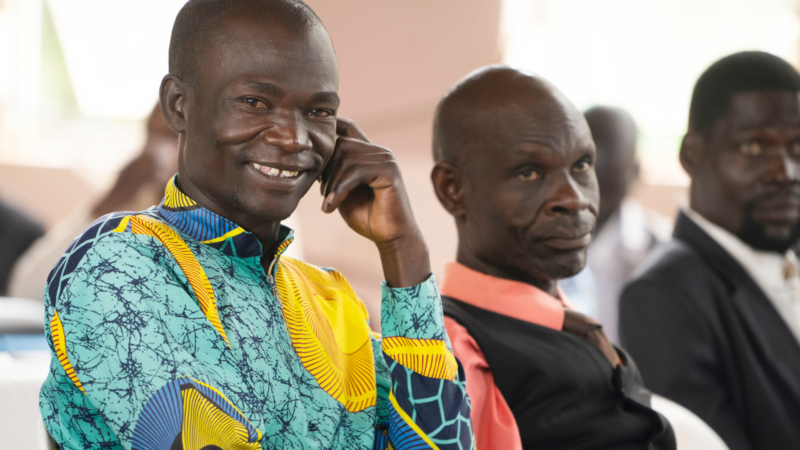Did you know that more than 1.5 billion people lack access to basic sanitation services like private toilets or latrines? This explains why so much toxic waste has caused a health crisis in many impoverished communities. In fact, according to the World Health Organization, “Poor sanitation is linked to transmission of diarrheal diseases such as cholera and dysentery, as well as typhoid, intestinal worm infections and polio.” Basic sanitation in developing countries can save lives, but it’s not always available.
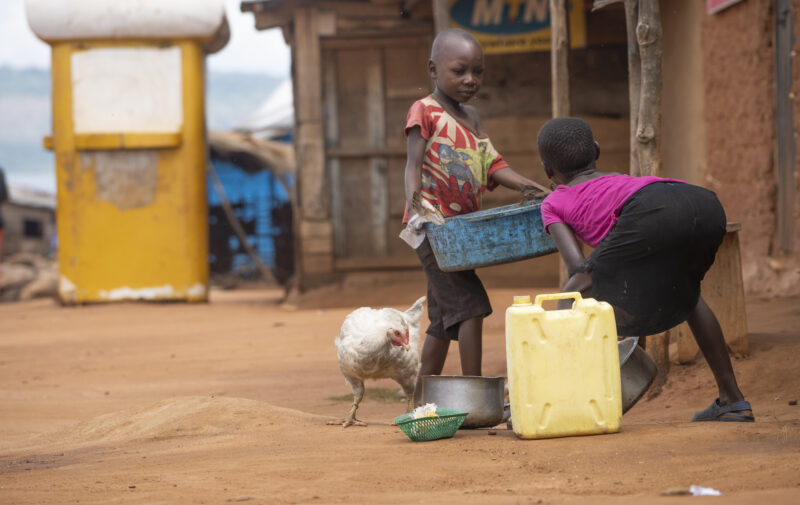
Unfortunately, some our newest community partners on Bavuma Island, Uganda are living in this health crisis every day.
The Sanitation Crisis on Bavuma Island, Uganda
Living in a village where basic sanitation is a constant struggle reveals the harsh reality for the residents of Buvuma Island. Fishing villages here lack basic latrines resulting in open defecation and dangerous water pollution.
As with many neighborhoods without basic sanitation, extreme destitution accounts for the underlying problem. Looming poverty in these villages is evident as malnourished children with brown hair run around half-clothed. Each village, with over 8000 people, lacks a pit latrine. The lone pit latrine in one of the villages is now filled up. As a result, the community must resort to relieving themselves in shrubs around the village or in the lake at night.
These poor hygiene practices have resulted in widespread water pollution and sickness. Despite the grim situation, I am inclined to believe that the Lord guides us to such places to bring about change and offer hope.
First, credit goes to Bright Hope allies for supporting the church empowerment training of local churches in these villages. After training and assigning church committees to undertake seed projects within their communities, the reality of the situation became glaringly apparent during project inspections.
To truly empower these communities, the focus must shift to water safety, hygiene and sanitation. Certainly, a sick community cannot be empowered. And even if sickness isn’t immediately visible, it is only a matter of time. For instance, people are consuming unsafe water contaminated with fecal matter. They use contaminated water for cooking, bathing and washing utensils.
Words fall short in describing the dire situation. Streams of contaminated water flow through the streets, children play in areas filled with excrement and animals graze where people deposit their waste at night.
How can you help?
However, amid this health crisis, our friends on Bavuma Island have hope. With our allies standing alongside us, Bright Hope has completed the first step of training the local church to address this dire situation.
In conclusion, now is the time to work together to find lasting solutions to these challenges. We are immensely grateful that you are partnering with Bright Hope to make a difference in these communities. Truly, this ongoing sanitation crisis among impoverished communities needs your ongoing commitment to help. To tackle this critical problem and share health with needy families, become part of the solution today!

